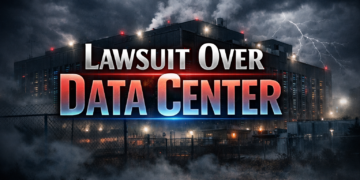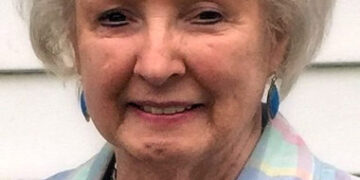Does the Ohio mask mandate violate ADA and HIPPA regulations? Since the onset of the COVID pandemic, our lives have changed drastically. What we’d originally hoped would be a short-term inconvenience turned into a catastrophe for businesses of all sizes. Everything about daily lives from work to school to worship changed overnight.
As the virus rates climbed, so did the rates for mental health issues, drug abuse, and domestic violence. As debates about social distancing and masks raged last spring, SCDN publisher, Mark Craycraft, described it as a ‘social civil war.’
Brother against brother. Father against son. As new information about Coronavirus and its impact on health, mental health, and the economy comes to light, each side tries to add the information as a weapon in their arsenal.
A Time Like No Other
We’ve reached the point where people are arguing in stores and calling the police on each other over perceived violations of Ohio’s mandatory mask ordinance. Mark Craycraft calls it “A time, unlike anything we’ve seen in modern history.”
Last week, Ohio Governor Mike DeWine announced that he was sending out agents to check on mask compliance in retail locations. On Thursday, Governor DeWine said that the state had found the compliance rate to be over 90% during its spot-checks. DeWine said Ohioans should not confront people without masks but assume that they have a valid medical reason.
Masks and the ADA
Mark spoke with Portsmouth Attorney Shawn Stratton to discuss the Ohio mask mandate and how it relates to the ADA rules and HIPPA medical privacy regulations.
Medical exemptions include physical, emotional, developmental, and psychological issues that could make it difficult for someone to cover their face. That includes issues like PTSD and anxiety.
Craycraft said that many people don’t understand the medical exemptions and have actually called the police to attempt to enforce the mask mandate.
A private business is allowed to ask you why you’re not wearing a mask. They may also refuse service to someone without a mask. Much in the way a business can exclude you under a ‘no shirt, no shoes, no service’ policy. That does not violate ADA or HIPPA rules.
Craycraft said that he’s seen reports of multiple arguments breaking out in businesses when fellow customers take it upon themselves to attempt to enforce the mask mandate. Enforcing the mask mandate falls under the responsibility of the store and not the public.
Confronting fellow customers could land you in trouble for menacing or hazing if the argument gets heated.
Don’t Confront Shoppers
So what should a shopper do when they see someone violating the mask mandate? Attorney Shawn Stratton said, “Some people want to take it upon themselves to go ask that person, ‘Why aren’t you wearing a mask?’ But that’s not what they should do.” Stratton said you should go to a clerk or manager to report the violation. “That’s the most appropriate thing to do.” The store can then deal with the customer.
Stratton echoed what Governor DeWine said about taking people’s words about medical exemptions. “There’s really no mechanism for verifying the claim. I think it’s important that people don’t take it upon themselves to try to force somebody into wearing a mask.”
Stratton said he considers masks to be a minor inconvenience like wearing a seat belt. “There are still people out there that don’t wear seat belts. It’s the minimum thing you can do to potentially save your life. Wearing a mask is the same thing.” However, Stratton said he is opposed to continuous mask mandates from state or local government. “I think there should be limits to that. It should be reviewed every 30 days. If you have continuous mandates, when does it end? Who reviews those? Judicial review? Legislative review?” Stratton said he hoped people would not try to force others to wear masks.
Stratton said while you are under no obligation to reveal the medical reason you can’t wear a mask to others, if someone calls the police, you may need to answer their questions about the reason for your mask exemption. He said people should also be mindful that some children can’t or won’t wear a mask.”
The attorney said, “Don’t confront people. It’s already a stressful time.”























































































